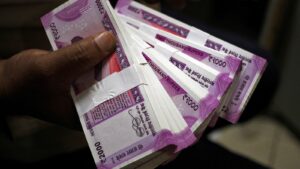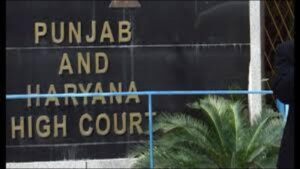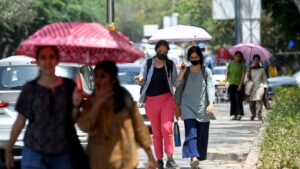Maharashtra turnout breaches 65%, highest in Gadhiroli | Mumbai news
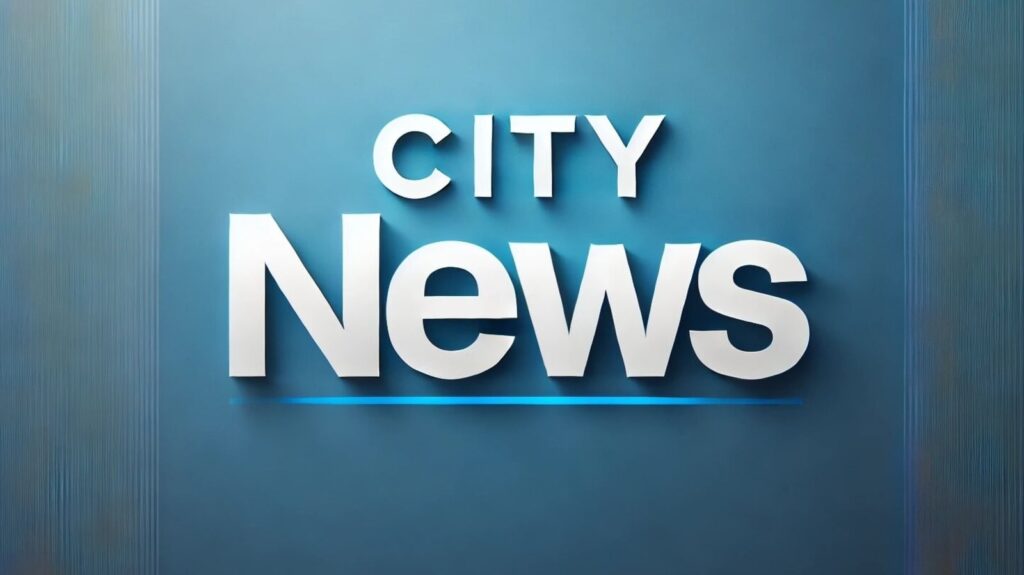
MUMBAI: More than 65% of the 97.02 million voters in Maharashtra cast their vote in 288 constituencies to elect the 15th state assembly on Wednesday. The turnout, at 65.08%, was notably higher than the 2019 assembly election, when it was 61.44%; and the 2024 Lok Sabha election, when it registered 61.33%. Polling was largely peaceful across the state, with minor skirmishes being reported in some constituencies and three polling stations being vandalised in Beed district.
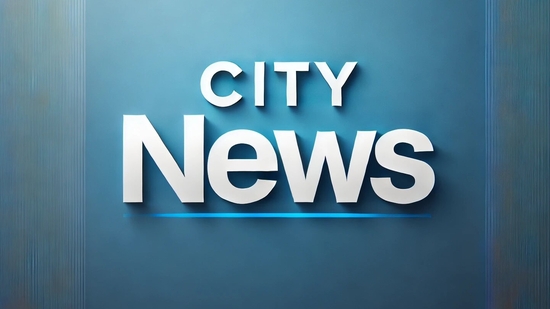
Chief electoral officer of Maharashtra S Chockalingam said, “The turnout is 4% higher than the 2019 assembly polls. We are happy about the increase.” He credited the Election Commission of India led by Rajiv Kumar for the hike, saying more than 700,000 people had worked tirelessly to enable people to exercise their franchise.
Final figures were delayed as polling was underway at several polling stations even after 6pm as voters had queued up before deadline and were waiting their turn. According to the Election Commission of India, final figures on the turnout will be released only on Thursday.
District-wise, Maoist-affected Gadchiroli recorded the highest turnout in the state, at 73.68%, while metros like Mumbai City (52.07%), Mumbai Suburban (55.77%) and Thane (56.05%) were among the lowest. Colaba constituency in South Mumbai recorded the lowest turnout in Mumbai, just like it did during the Lok Sabha election, at 44.49%. Karvir assembly segment in Kolhapur district registered a 84.79% turnout, the highest in the state.
Deputy Chief Minister Devendra Fadnavis, who is contesting from Nagpur South-West, cast his vote at the NMC School in Dharampeth at 10.45am, accompanied by his mother and wife. Union Minister for Transport and BJP MP from Nagpur, Nitin Gadkari, cast his ballot at the Town Hall in Mahal at around 10.15am He was accompanied by his wife Kanchan and their two sons, Nikhil and Sarang.
The Mahayuti alliance, comprising the Bharatiya Janata Party (BJP), Nationalist Congress Party (NCP) and Shiv Sena, with a sitting-MLA strength of 187 under the leadership of chief minister Eknath Shinde, is eyeing another term. Routed in the Lok Sabha elections in May this year, it managed to win only 17 of the 48 seats in Maharashtra. The ruling alliance, however, took corrective measures by launching a flood of welfare schemes in the run-up to the state polls, its flagship scheme being the Ladki Bahin Yojana, on which it is banking heavily.
On the other hand, the Maha Vikas Aghadi (MVA), consisting of the Congress, Shiv Sena (UBT) and NCP (SP), with a collective strength of 63 MLAs, hopes to improve its numbers, to match its stellar performance in the Lok Sabha elections.
Polling across the state was largely peaceful, barring a few instances of fisticuffs, verbal confrontation and cases of attempted booth capturing. In Parli, in Beed district, police registered cases of vandalising booths, even as videos of polling stations being captured and leaders from the opposition MVA alliance being manhandled went viral on social media.
Avinash Pathak, collector, Beed said, “We have registered criminal cases against unknown persons after six polling booths were vandalised in three villages. The five EVMs that were damaged were replaced and voting resumed immediately thereafter. There were no complaints of booth capturing or bogus voting.”
Kiran Kulkarni, additional chief electoral officer, added, “The EVMs damaged in Parli or those that malfunctioned elsewhere in the state were replaced within 45 minutes. We have registered FIRs and arrested the culprits in Parli. The six polling booths vandalised in three villages cannot be called booth capturing.”
In Nandgaon constituency in Nashik, a verbal duel was reported between Shiv Sena candidate Suhas Kande and Independent candidate Sameer Bhujbal, nephew of veteran NCP leader Chhagan Bhujbal. In a video widely circulated on social media, Kande was seen threatening Bhujbal with “murder”. Later, Kande claimed he had not threatened Bhujbal but was commenting on two persons who were involved in a fight.
Skirmishes were also reported in Kaij in Beed district, Sion-Koliwada in Central Mumbai and Ashti in Ahmednagar, where supporters of the candidates from various parties clashed with each other.
Complaints that money was being distributed to induce voters were rampant in the run-up to the assembly election. Also, the Election Commission seized objectionable material, including cash, liquor and narcotic drugs worth ₹707 crore, since October 15. The election authorities also received 10,139 complaints of violation of the code of conduct in the last five weeks, according to the office of the chief electoral officer of Maharashtra.
Learning lessons from complaints received during the Lok Sabha elections, the state branch of the Election Commission of India took corrective steps in the assembly polls. “Polling stations had waiting areas to seat voters, drinking water, ramps and fans, apart from randomisation of the booths. Also, the number of polling booths was increased by at least 2,000 to ensure better crowd management,” according to an election official.
“During the summary revision drive for the electoral rolls, we ensured that no deletion was made without following due procedure. This reduced complaints of missing names, which we generally get in cities like Mumbai,” the official said.
